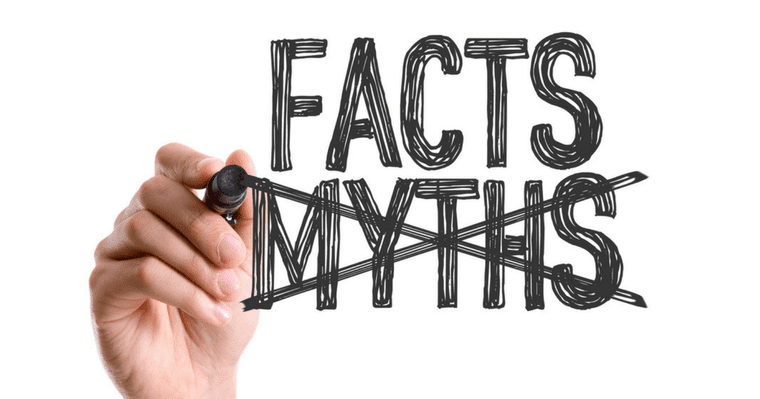Uses Of Social Media, Ethically
Ethical use of social media means using
website and apps responsibly and positively,
such as staying connected with friends and family,
finding useful information, promoting your work and services,
and raising awareness about important issues like environmental changes.
Social media plays a crucial role today by expanding our communication abilities
and keeping us informed, but it also has risks like fraud,
spreading misinformation, and cyberbullying.
Discussing ethical use is important because it helps address these problems
and ensures that social media remains for good rather than harm.
Privacy Concerns Within Social Media
How does Social Media Handle User Data?
Signing up for an account on
a social media page such as Facebook,
gives the company your personal information.
Usually, companies will collect this information
alongside your personal interests by using tracking cookies,
geofencing and cross-site tracking. However,
you can’t prevent this as you sign a Terms of Conditions
page before entering the social media app.

The issues that come with Social Media is data mining,
surveillance, and misuse of personal information. These people are
called Scammers, who will try to commit Idenity Theft on you.
Scammers generally do not need lots of information to grab your
credit card number, social security number,
and even leaked passwords by just using public information
like your email address.
Mental Health Issues
Social media can significantly impact
mental health in both positive and negative ways.
Negatively, it can lead to issues like depression
and anxiety due to constant comparisons with others,
such as measuring likes or envying others’ lifestyles.
The ease of cyberbullying is made by the anonyminity
of online interactions that further expands these problems.
Such negative experiences can make users feel depressed
and angry, highlighting the darker side of social media.

However, on the positive side,
social media can offer entertainment,
such as videogames, which can help
alleviate stress and boost happiness by providing dopamine.
They can also offer a method of advertising your own services,
so that you can be locally recognized and have a business.
Given these different effects, social media platforms
have an ethical responsibility to address these concerns.
They should implement measures to protect users from cyberbullying,
prevent harmful comparisons, and promote mental well-being
by creating supportive environments and providing
resources for those struggling with mental health issues.
The Spread of Information on Social Media
Social media plays a major role in
spreading information worldwide,
encompassing both accurate and false "news".
While government and reputable news sources generally
provide reliable information, social media also disseminates
intentional misinformation, which can mislead or deceive millions.
The ethical implications of this are significant,
as false information can have serious consequences,
such as during the Covid-19 pandemic when misleading
articles about prevention methods spread confusion and only
promoted products. To combat misinformation,
users should rely on trustworthy sources like government
websites and major news outlets, check for grammatical
errors or inconsistencies in articles, be wary of sites
overloaded with ads, and verify the timeliness of the
information. Social media platforms also have a responsibility
to address misinformation by implementing fact-checking measures
and promoting accurate information. This can be seen with Google
restricting and even blocking these certain websites.

Social Media, Relationships and the Community
Social media platforms offer extensive opportunities
for connection, allowing individuals to interact with
a vast number of people worldwide. Despite this, users
can still experience loneliness because the quality
of these online interactions often falls short of genuine,
fulfilling relationships. The superficial nature of
online connections can make it difficult to forge
deep, meaningful friendships, leading to feelings
of isolation even amidst a high level of connectivity.
The lack of face-to-face communication can further
exacerbate these feelings, as online interactions
may lack the emotional depth and immediacy of in-person
relationships.

Ethical considerations in online
interactions are crucial in addressing
these issues. Respect and empathy are
vital for positive digital interactions;
however, not everyone adheres to these principles,
leading to mistreatment or lack of support.
Respecting others' experiences and offering
genuine empathy can significantly impact someone's
online experience, especially those dealing with
loss or hardship. Practicing good digital citizenship—such
as being supportive, respectful, and understanding—helps
create a more positive online environment and fosters
healthier, more meaningful connections.
Person Reflection and Conclusion to Social Media
Like most people,
I use social media almost every day.
Most notably I use it to
connect with friends and talk to them. I
also use it to celebrate events, like people’s
birthdays or special days like Christmas or
other holidays. Social media is great to use,
but it is sometimes easy to get carried away
and do bad things when you get super angry.
Some steps I can take to prevent this is to
calm down, or try to talk to them in person
instead of online as it is sometimes easier
to just talk in-person.
In conclusion, social media offers remarkable
opportunities for global communication and connection,
allowing us to stay in touch with friends and family
regardless of distance. However, it is essential to
navigate these platforms with caution due to potential
risks such as scams, cyberbullying, and misinformation.
By staying vigilant and discerning, we can maximize
the benefits of social media while minimizing its
drawbacks. Ultimately, social media mirrors the real
world in its diversity of positive and negative
aspects, and its impact depends largely on how we
choose to use it. Embracing responsible usage will
help ensure that social media remains a powerful
tool for good.